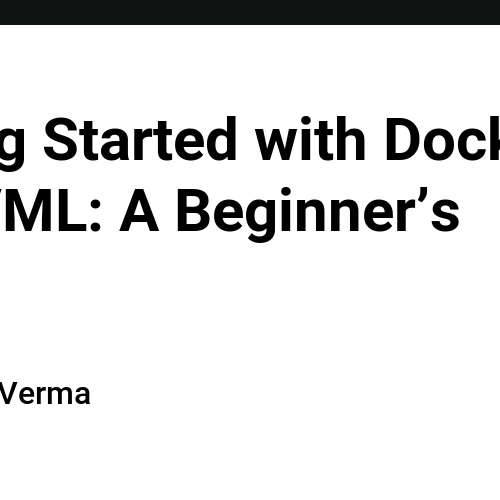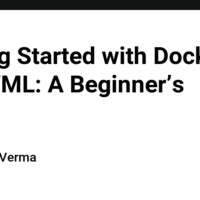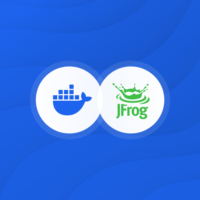
Beginner’s Guide: Simplifying AI/ML Workflows with Docker
Discover how Docker streamlines AI/ML workflows by ensuring consistency, reproducibility, and seamless deployment of machine learning models. Learn to set up Docker, create containerized environments, and deploy models effortlessly.
Published 1 year ago by @ on dev.to
Abstract
The article introduces Docker as a solution to the complexities of managing environments and dependencies in AI/ML projects. It explains key concepts like containers, images, and Dockerfiles, emphasizing how Docker ensures consistency, reproducibility, and simplifies deployment through isolation and security. Step-by-step instructions are provided to set up Docker, along with basic commands and creating a first Docker container for a machine learning project. Troubleshooting tips, Docker Compose usage, best practices, and the benefits of Docker in AI/ML projects are highlighted.
Results
This information belongs to the original author(s), honor their efforts by visiting the following link for the full text.
Discussion
How this relates to indie hacking and solopreneurship.
Relevance
This article is essential for you as it offers practical insights on using Docker to streamline your AI/ML projects, making them more consistent, reproducible, and easy to deploy. It addresses common challenges faced in AI/ML development and provides guidance on setting up Docker effectively.
Applicability
To enhance your AI/ML projects, you should start by installing Docker Desktop according to your operating system. Verify the installation and practice basic Docker commands. Create Docker containers for your machine learning models, ensuring reproducibility and easy deployment. Troubleshoot common issues and consider using Docker Compose for more complex setups.
Risks
One risk to consider when using Docker is dependency conflicts that can arise from specific package versions. Ensuring proper management of dependencies and versions in your Docker setup can help mitigate this risk. Additionally, potential permission issues might occur, especially on Linux systems, which can be addressed by running Docker commands with elevated privileges or adding your user to the Docker group.
Conclusion
The growing adoption of Docker in AI/ML projects indicates a trend towards standardization, reproducibility, and easier deployment processes. By mastering Docker for AI/ML workflows now, you can position yourself to leverage these long-term trends, ensuring smoother development, collaboration, and scalability in your projects.
References
Further Informations and Sources related to this analysis. See also my Ethical Aggregation policy.
Getting Started with Docker for AI/ML: A Beginner’s Guide
In machine learning (ML) and artificial intelligence (AI), handling environments and dependencies can...


Docker
Stay updated on the latest Docker developments, tips, and best practices to streamline your containerization process. Discover how Docker can enhance your deployment workflow and boost your project's efficiency.
Appendices
Most recent articles and analysises.

Amex's Strategic Investments Unveiled
2024-09-06Discover American Express's capital deployment strategy focusing on technology, marketing, and M&A opportunities as shared by Anna Marrs at the Scotiabank Financials Summit 2024.




